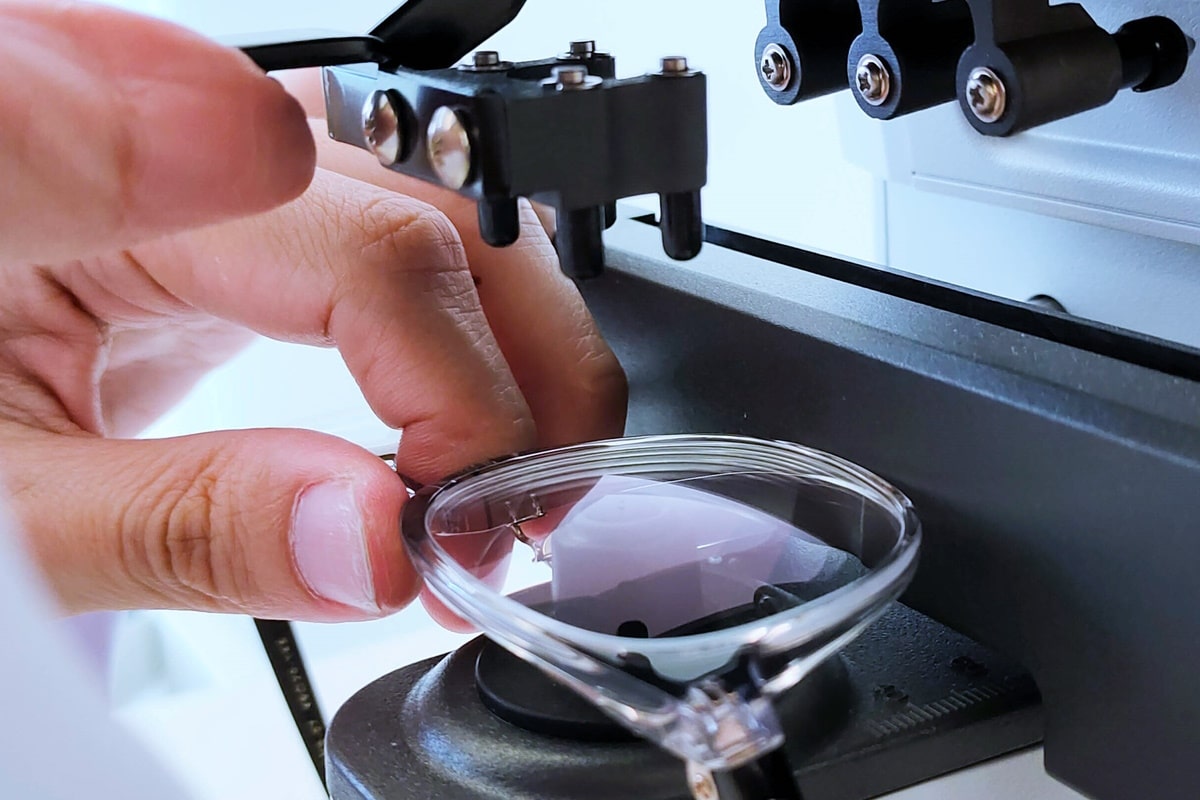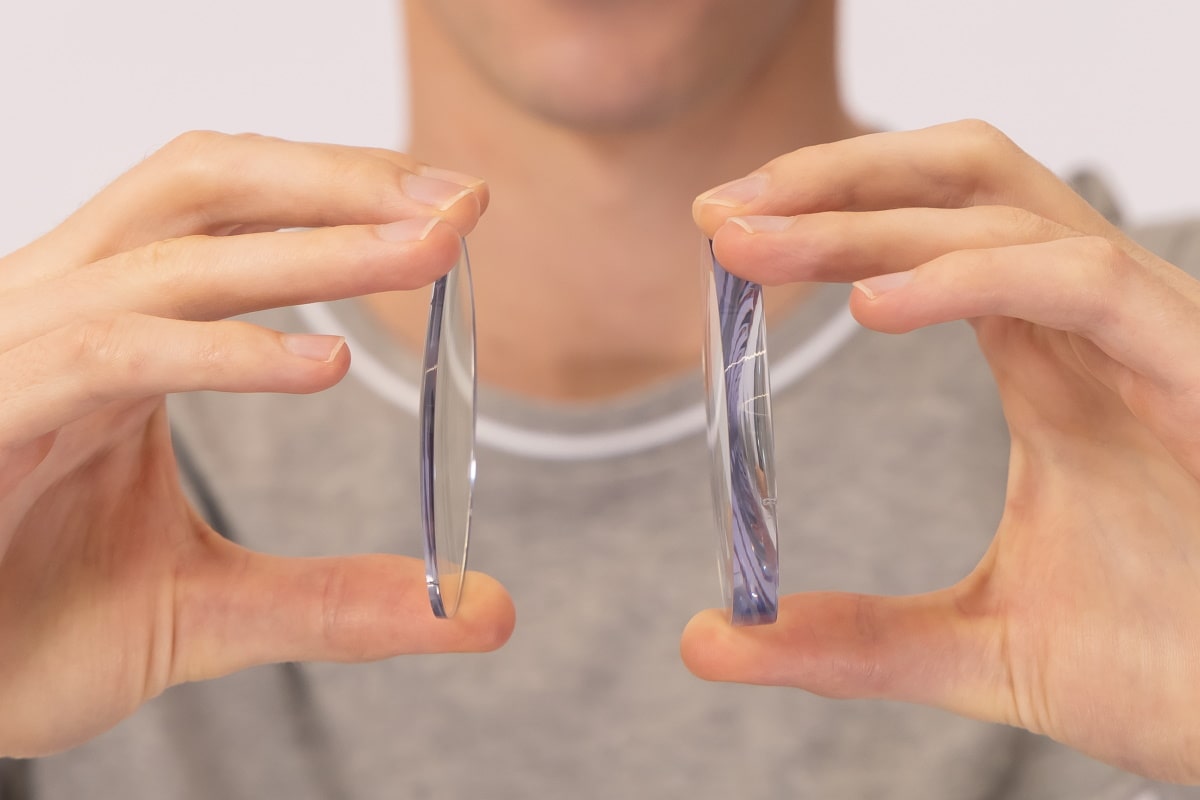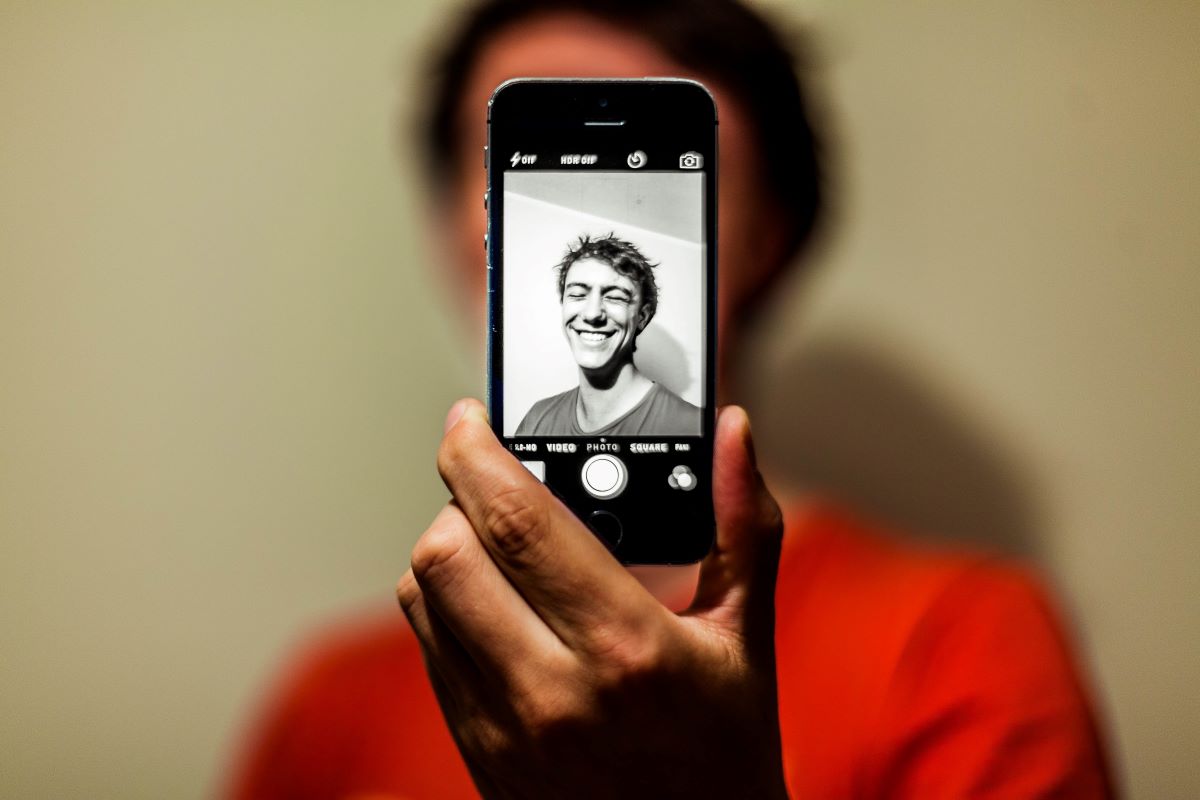5 Signs in the Eyes that Someone’s Lying
Have you ever thought that someone’s lying through their teeth, but you can’t tell for sure? Well, there might be one way you can find out the truth. Simply look at their eyes while speaking.
No matter how good someone can be at using body language, their eyes can still reveal true intentions. Here’s how you can learn to read if they lie through the eyes.
1. Eyes briefly looking away or staring
Spotting a liar might be easy sometimes because the most common gestures can give them away. For instance, if someone looks out briefly during a conversation, they might be lying.
This is especially vital if they’re talking about a crucial point. Looking away could mean the person is nervous, uncomfortable, or trying to avoid being found out. Past studies show that participants admitted that looking away is the most common sign of deception.[1]
Be careful not to read too much into it, though. You might mistake this gesture for someone being shy or socially anxious. Not only liars but socially anxious people are also less likely to make direct eye contact with others.
In contrast, a direct stare can also be a red flag for lying. Yes, you read that right.
A separate study had researchers watching multiple court trial videos and compiling their observations. They found out that 70% of the people who lied made direct eye contact with the person they were lying to.[2]
2. Eyes darting back and forth
Watch if someone you’re talking to darts their eyes back and forth.
This little gesture can mean they’re uncomfortable, trying to remember something, or coming up with a lie on the spot. Sometimes, it’s a quick, natural gesture that might mean, “I want to escape from here.”
Past studies also indicate that erratic eye movements could mean someone is lying.[3] They also theorized that lying is more of a memory exercise, which shows in your eyes.
Then again, darting your eyes back and forth can also signal anxiety. When trying to catch a potential liar, look at their eyes and how their face or body moves to get a general read.
3. Eyes blinking rapidly
Have you ever seen someone blink their eyes rapidly? That natural gesture can mean many different things: disbelief, worry, or they might be trying to lie.
Generally speaking, people might be under stress when they blink rapidly. Science says blinking eyes are just one of our body’s natural reactions [4] to what’s happening around us.
It can also happen when your brain’s trying to load up a distant memory. Blinking is the human equivalent of when a video’s buffering on your phone.
However, take note that there are eye conditions that can cause excessive blinking. An example of such is blepharospasm [5], an eye muscle spasm.
4. Eyes closing for longer than normal
Like blinking, someone closing their eyes a little longer than usual might be a sign of lying. It’s along those gestures that are associated with memory recall.
When you close your eyes during a conversation, it might be because you’re trying to remember what to say. It’s also a popular motion for people who are visualizing something, especially when they’re at work.
Closing your eyes longer than usual can also mean that your eyes are tired and dry, you’re feeling bored, or you’re trying to block out distractions. And, of course, if someone’s closed their peepers for too long, they’ve probably slipped into a nap.
5. Smiles that don’t reach the eyes
Do you remember the last time you heard a bad joke and had to react to it? Instead of laughing, you might’ve given a fake smile. However, this gesture can still be apparent, especially in the eyes.
Your whole face lights up with that emotion when you’re genuinely happy. The eyes, cheeks, mouth, and everything else will move. It’s an entirely different vibe than when you’re fake-smiling.
Other bodily indicators that a person may be lying
The eyes are the windows to the soul, but other parts of your face and body can also tell the truth. Here are other non-verbal signs that might come across as lying.
Pursed lips
Lip pursing [6] can mean that they’re mentally trying to hold something back. They might be telling a lie or a half-truth. Also, it can mean that they want to refrain from discussing the topic at hand.
Shifty eyes and a tense posture usually accompany this gesture. When this happens, you can try to open up the conversation with, ‘are you okay?’ or ‘is there anything else I should know?’
Blushing
Here’s something that people might not be able to control when lying: their ability to blush. It’s an involuntary reaction, meaning they can’t help it.
Blushing is one of your brain’s responses to an adrenaline spike in your body. It happens when you suddenly feel nervous, or your heartbeat goes rapid.
Touching the face, playing with hair, or fidgeting
Since your brain’s probably going haywire while lying, your body will cope with it through self-soothing acts. It’s how your system deals with anxiety.
Natural examples would be touching your hair or face or fidgeting. However, liars often make these gestures to distract themselves from the fear of getting caught.
Licking or biting one’s lips
When someone gets super nervous, their lips might go dry. Thus, they’ll lick or bite their lips without any thought. Investigators often see this subtle gesture while they’re interrogating potential suspects.
Lying through the eyes can be obvious
The eyes can reveal much of your feelings, even if your lips say the opposite. No matter how good you act, instinctual reactions and micro expressions in your face and body can give you away quickly.
Also, remember that you can’t read every expression like a book. People’s emotions are complex and can show in different ways. Not every eye twitch can mean that someone’s lying.
Plus, the full context of the situation matters. If someone seems to be lying through the eyes, check out how they carry themselves through the conversation.
If you enjoyed this content and want to know more about your eyes, check out Mouqy’s latest blogs about how far can a human eye see and the spiritual meaning behind your eyes.
References
- “Strong, but Wrong: Lay People’s and Police Officers’ Beliefs about Verbal and Nonverbal Cues to Deception”, PLOS
- “Lie-detecting software uses real court case data”, University of Michigan News
- “Saccadic eye movement rate as a cue to deceit”, Vrij, A., Oliveira, J., Hammond, A., & Ehrlichman, H. (2015)
- “There’s more to blinking than meets the eye”, Medical News Today
- “Blepharospasm”, National Eye Institute
- “Pursed lips tell the story”, Times Union

Written by:
Phoebe Jade
















